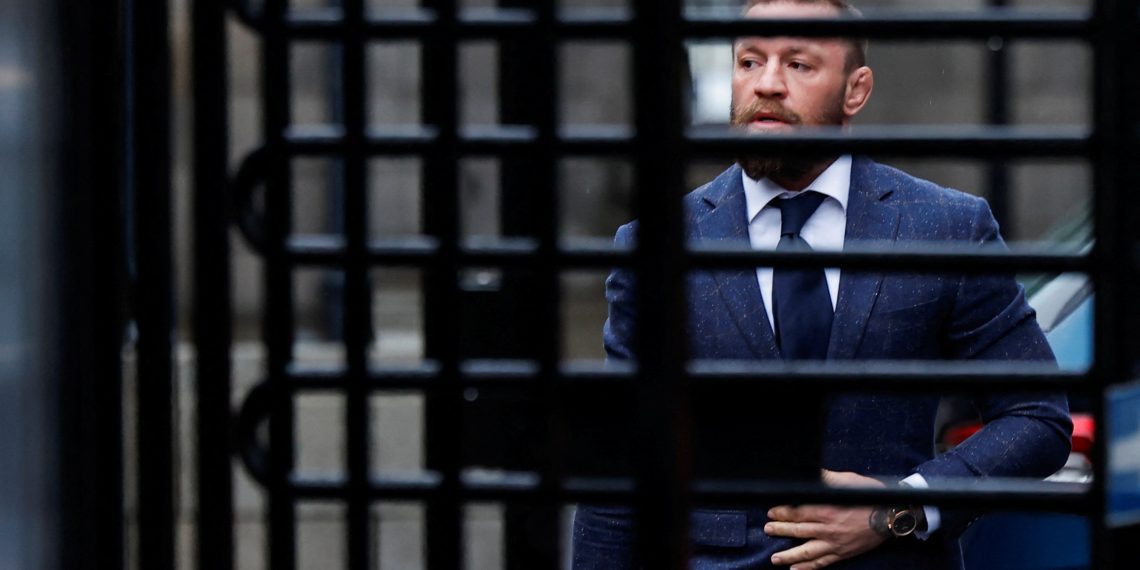The recent verdict in the Conor McGregor case has ignited a firestorm of debate, raising profound questions about power dynamics, toxic masculinity, and societal attitudes towards violence. The ruling, which saw McGregor ordered to pay €250,000 over allegations of rape and assault by Nikita Hand, has not only rocked Ireland but reverberated globally.
In the heart of this legal battle lies a troubling narrative that confronts our collective perceptions of masculinity and entitlement. The case, stemming from a 2018 incident in a Dublin hotel penthouse, paints a harrowing picture of trauma and its aftermath. Hand’s testimony revealed brutal details of her experience, from physical injuries to psychological scars that continue to haunt her.
McGregor’s defense of claiming consensual sex clashed starkly with Hand’s account, leading to a polarizing divide in public opinion. While many rallied behind Hand, praising her courage and calling for accountability, there were also voices staunchly defending McGregor. This dichotomy exposed deeper societal fissures regarding how we perceive and react to allegations of violence against women.
For Ernesto Vasquez Del Aguila, an expert on masculinities at University College Dublin, the McGregor case represents a pivotal moment for challenging ingrained notions of manhood. He underscores how societal constructs often perpetuate harmful stereotypes that equate violence with masculinity. The hope now rests on sparking broader conversations around redefining these toxic norms.
The fallout from this high-profile case extends beyond individual reputations. It shines a spotlight on the insidious influence of celebrity culture and its ability to sway public opinion. McGregor’s meteoric rise to fame and interactions with political figures like Donald Trump have blurred lines between entertainment spectacle and social responsibility.
As reactions continue to pour in from all corners, one thing remains clear – this verdict has stirred emotions and prompted introspection on a larger scale. The support for Hand signals a growing tide towards accountability and justice for survivors of assault. Simultaneously, the steadfast backing of McGregor by certain factions underscores entrenched beliefs that normalize violence against women.
The ripple effects of this case are far-reaching, touching not just legal realms but also societal attitudes towards gender dynamics. The surge in calls to rape crisis hotlines post-verdict underscores the urgent need for ongoing dialogue around consent, accountability, and dismantling toxic masculinity.
In the wake of this watershed moment, society stands at a crossroads where confronting uncomfortable truths about power dynamics and gender roles is imperative. As the dust settles on this legal battle, what lingers is a stark reminder that narratives of victim-blaming and excusing harmful behavior must be challenged at every level.
The Conor McGregor verdict may well serve as a catalyst for broader societal change—a call to action to upend entrenched systems that perpetuate violence and inequality. It compels us to reassess our values as individuals and as a community in shaping a future where justice is not just an ideal but an undeniable reality.









